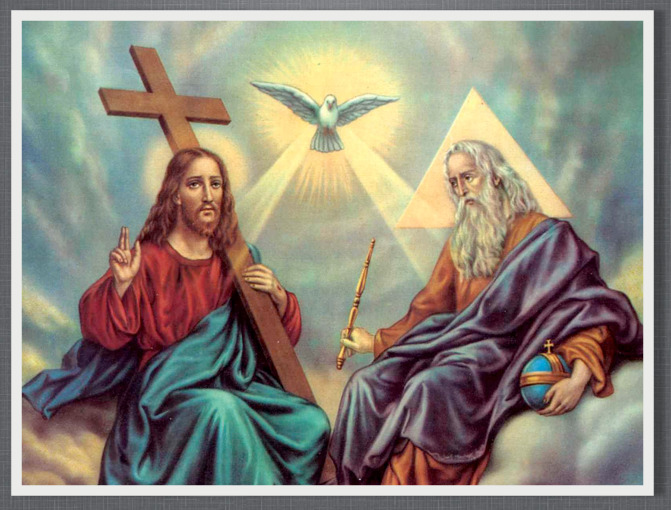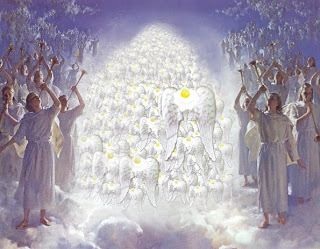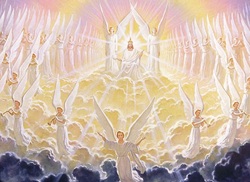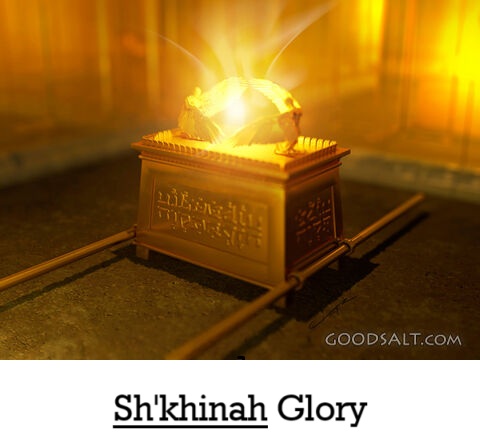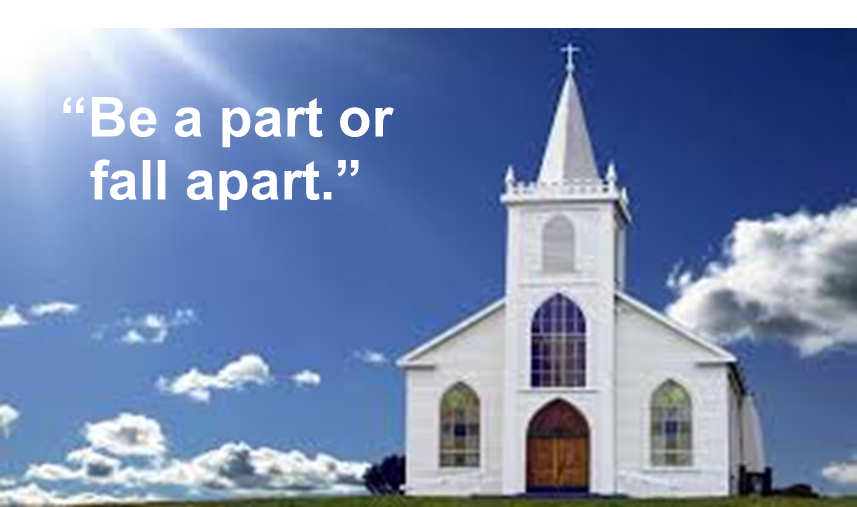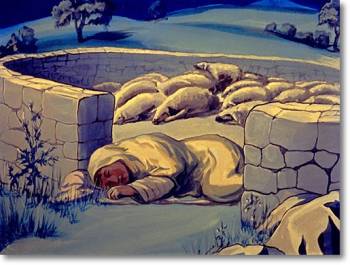2527AFC070425 – Trust The Process 😀 ← PODCAST LINK

Read it online here, please. And please – when you visit there – use one of the social media links at the bottom of the page to share this post. Thank you! And remember, we now have a READER VIEW available, so share this link or this email often.
Do you know someone who enjoys Bible study, or who might like to read this? Ask them to email us or to subscribe on our blog-site.

Isaiah 66: 13, 14 c –
13 As a mother comforts her child,
so I will comfort you;
you shall be comforted in Jerusalem.
[…] it shall be known that the hand of the Lord is with his servants
Psalm 66:20 –
20 Blessed be God,
because he has not rejected my prayer
or removed his steadfast love from me.
Galatians 6:14, 16-18 – 14 May I never boast of anything except the cross of our Lord Jesus Christ, by which the world has been crucified to me, and I to the world. 16 As for those who will follow this rule – peace be upon them, and mercy, and upon the Israel of God.
17 From now on, let no one make trouble for me; for I carry the marks* of Jesus branded on my body.
18 May the grace of our Lord Jesus Christ be with your spirit, brothers and sisters. Amen.
Luke 10:1 – 1 After this the Lord appointed seventy others and sent them on ahead of him in pairs to every town and place where he himself intended to go.
Aloha nui loa, ʻŌmea! Grace and Peace to each of you from God our Father and our Lord, Jesus the Christ, in the Power of the Holy Spirit. God is SO good! Repent and believe the Gospel! That’s how the process runs. But what does that mean? Well, we’ve all been over this often enough, so a quick bullet-point review should suffice/
- REPENT: we need to stop doing things our way (Don’t DIY ↔ Learning Link), make a 180 in our lifestyle and go back to doing things God’s way.
- BELIEVE: trust everything you understand about the Word, and furthermore, if the Word says it is True, trust everything you can’t understand.
- THE GOSPEL: there is only ONE Gospel because there is only One God who has made himself know to us through Jesus – his Only Begotten Son, the Christ of God – in the Power of the Holy Spirit.
That should be clear enough even for the most obstinate among us. Yet, often even the most learned and trusting among us sometimes mix things up, and then we try to make God tell us why our lives are such a mess.
Let’s first look into that powerful statement by the Apostle Paul where he declares he bears the marks of Jesus branded on his body. I think of these as the thick scar tissue on his back from many floggings and beating with rods, and the thickness of many broken ribs. These scars, inflicted by others as punishment intended to dissuade him from testifying (μαρτυρέω – mar-too-reh’-o like “martyr”) about the Gospel. His devotion to Jesus and the Gospel always held primacy in his life. Absolutely nothing was more important than sharing whatever the Holy Spirit spoke in him. His scarred body was the testimony, the martyring, that asserted he was Jesus’ follower, Jesus’ servant , and the word used in Greek is δοῦλος (doulos) {doo’-los} which mean slave. Anyone who tried to question his authority to teach, and many tried it, were silenced by the magnitude of his only boast –HIS SUFFERING FOR THE Gospel. He was not scandalized by his appearance. His wounds were described as stigmata.

This is also related to the word stigma. When we use that word we usually mean a mark of disgrace; a stain or reproach, as on one’s reputation or dignity; an association with scandal and ill repute. The Greek root means “to stick” or pierce. When we talk about “The Stigmata,” we are usually referring to the wounds of the crucified Christ which may appear supernaturally on the bodies of various persons so that the hands, feet, head, and/or thorax appears to have wounds that may actually bleed. In modern times, this kind of wound was a characteristic of Saint Pio of Pietrelcina, known to the world throughout his ministry as Padre Pio, and he is often shown with his hands covered because of the large, bloody wounds in both palms. There are reports that he had similar wounds on his feet and side; I have never seen photographs of those. Many people also recall that St. Francis of Assisi had the stigmata during most of his ministry. Some people believe that is what Paul means when he says he bears the marks of the Lord Jesus. But there are a couple of other interesting things about Paul’s assertion that align with his statement May I never boast of anything except the cross of our Lord Jesus Christ, by which the world has been crucified to me, and I to the world. 16 As for those who will follow this rule – peace be upon them, and mercy, and upon the Israel of God
How could The Apostle Paul submit to all of that suffering? (↔ Music Link) I think there are at least a couple of reasons. First, he did it because he took his call to be an Apostle very seriously – and well he should! The Resurrected, Glorified Jesus personally came to him and told him to stop persecuting the Church and to believe, to go preach to the gentiles even in Rome (See Acts 9, 22, and 29). Secondly, because of this unique “sending” (Apostle means “one sent”) he had an absolutely unshakeable and unlimited Love for Jesus. He really, really knew the meaning and power of Love. If his life was a movie, the screenplay would be based on our Key Verse from Isaiah 66: As a mother comforts her child, so I will comfort you; it shall be known that the hand of the Lord is with his servants. As with our Old Friend Abraham, The Apostle Paul trusted that Jesus knew what God the Father wanted, and so he did what he was told to do. He “let go and let God.” (↔ Music Link)

We are all familiar with the adage, “Let go and let God.” There is wisdom in that, a kind of wisdom we often allow to slip away because we forget to be wise. When we come to some petty adversity in our lives, we bristle, and pout, and shake a fist at God. We are like the man who traverses the living room in the dark while going to the kitchen. He bangs his shin on the coffee table, screams a curse using God’s name in vain, and kicks the table hard enough to overturn it, and that bruises his foot. The “LET GO” in this adage does not mean to let loose some invective blaming God. It was not God who hit the man in the shin; it was that coffee table the man had placed there of his own free will, and then discovered in the darkness by banging his shin against it. In short, God doesn’t stop us from being stupid if that is our choice, so there’s no point in blaming him for the consequences of our stupidity. “Let go and let God” means we should stop holding onto our own “wisdom” and allow the Wisdom of God to guide us. We must submit (↔ Music Link) to the Sovereignty of God.
Our God is King, and – as Jesus is reported stating in Luke 10:11 c – Yet know this: the kingdom of God has come near. Why? Why did the Kingdome come near? God is always the initiator, and he started our reconciliation with him by coming to us in human form. He wanted to ensure that we got the message that he Loves us regardless of our brokenness. Really and truly, Belovéd, we can pray the Psalmist’s words
Blessed be God,
because he has not rejected my prayer
or removed his steadfast love from me.

The Apostle Paul understood that clearly enough to endure calamity, pain, suffering, and humiliation, and even to die for it. What is “it?” “It” is the APP, the Absolutely Perfect Plan. Whatever seems to be difficult, incomprehensible, crazy, or just simply irritating as all-get-out – there’s an APP for that. it might even be the case that we are being sent out into all of the places Jesus intends to go. Do you remember when he walked across the water? Take a look at Matthew 14:23-25. There was a strong headwind battering the boat. Jesus can walk through the storm because it is where he intends to go. We can do that only if we intend to give him primacy in all things as did The Apostle Paul – and all the other Apostles, and many, many other Disciples since then.
Trust the process. Stick with the program. Do the right thing. Give praise to God for all his benefits – even the stormy ones. He gives them to us for a reason.
Whatever, whenever, wherever, whoever, however, if ever, forever —
at your service, Belovéd!
Please pray with us here at Share-a-Prayer.
Unless otherwise indicated, all scripture passages are from the New Revised Standard Version Catholic Edition (NRSVCE) New Revised Standard Version Bible: Catholic Edition, copyright © 1989, 1993 the Division of Christian Education of the National Council of the Churches of Christ in the United States of America. Used by permission. All rights reserved.
Biblical languages inserts from Bible Hub (Bible Hub: Search, Read, Study the Bible in Many Languages) Visit at http://biblehub.com
 Aloha Friday Messages by Charles O. Todd, III is licensed under a Creative Commons Attribution-ShareAlike 3.0 Unported License
Aloha Friday Messages by Charles O. Todd, III is licensed under a Creative Commons Attribution-ShareAlike 3.0 Unported License













